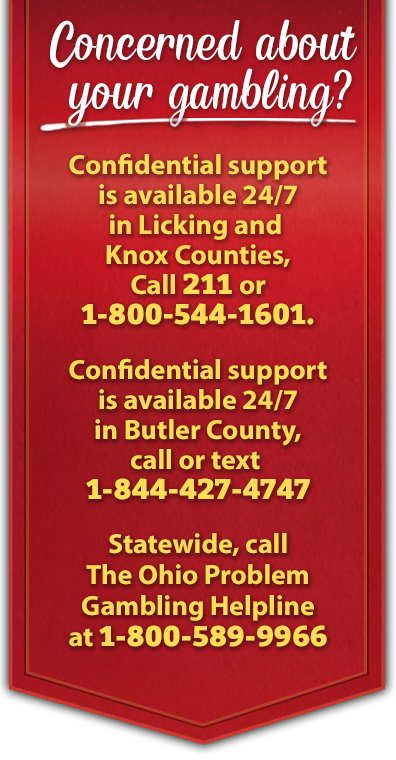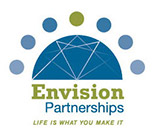As we head into March, it’s time to have the conversation about Problem Gambling. From the National Council on Problem Gambling:
NCPG encourages everyone to Have the Conversation about Problem Gambling. Most adults gamble or know someone who gambles, and therefore could benefit from programs to prevent gambling addiction. We believe many who suffer in silence do so because they don’t know why they developed a problem, what gambling addiction is or where to get help.
Statistics suggest that 5 million Americans and more than 1 million Canadians meet the criteria for gambling addictions. Of those who struggle with a gambling problem, 75% will also have issues with alcohol and an estimated 38% with other drugs. A staggering 1 in 5 people with a gambling problem will either attempt suicide or die by suicide. This is the highest rate of suicide among all addictions. Advocates are working hard to ensure that problem gambling is addressed as the public health issue it is, but unfortunately many still incorrectly view it as a moral failing or issue of “weak will” much like the stigma that alcohol and drug use has faced in the past.
Problem gamblers achieve the same effect from gambling as someone else might get from taking a drug or from drinking. The act of gambling alters their mood. A problem gambler who once achieved a “high” from winning or the rush of playing will continue chasing that same feeling. And just as individuals build up a tolerance to the affects of drugs or alcohol, the same can happen with a problem gambler. As they engage in the gambling activity of their choice, it takes more and more of the experience to achieve the same emotional effect they desire.
Click here to view the NCPG infographic on gambling.




